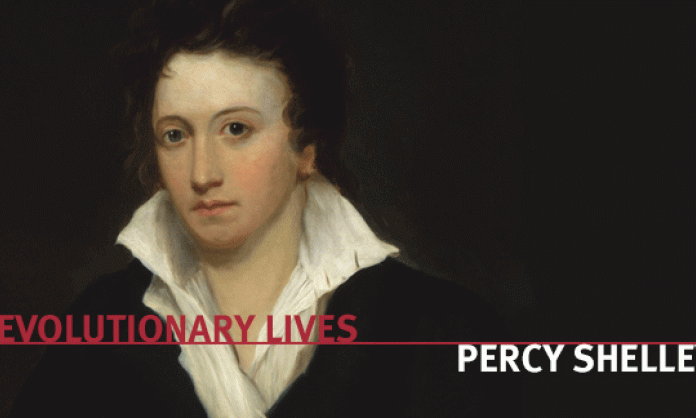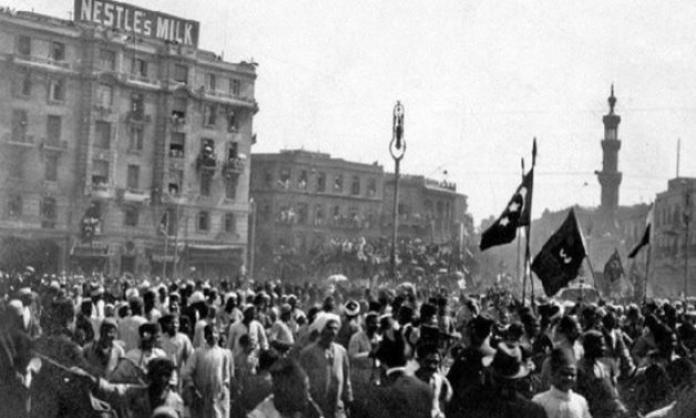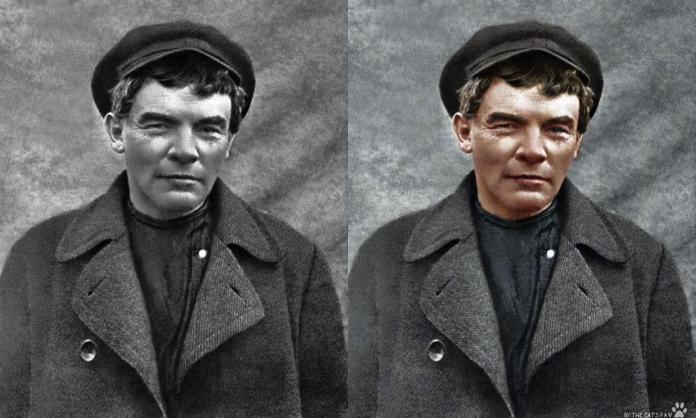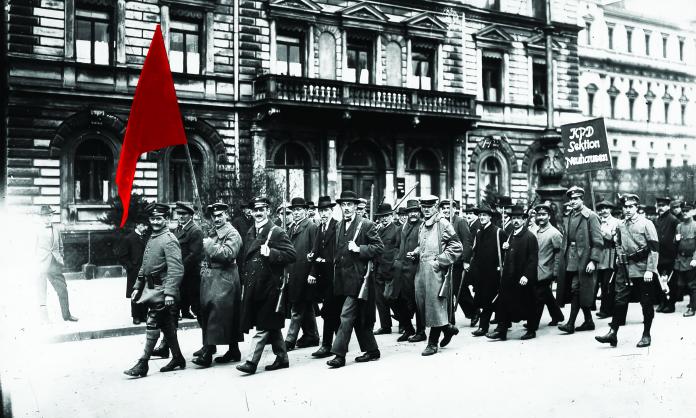The fact that the reactionary poet T.S. Eliot described the ideas of Percy Bysshe Shelley as “repellent” should be enough to commend him to radicals.
Shelley’s work continues to offer searing insight into the depravities of class inequality and the tyrannical excesses of power, and a beautiful vision of a society without divisions.
Generations of English textbooks have attempted to bleach Shelley (the man and the poet) of radical content. But he was a rabble rouser. He wrote and acted to encourage rebellion and dissent.
Shelley was born into an aristocratic family of declining wealth and Whiggish political tendencies. His mutinies began early. At Eton, he raged against the practice of “fagging” (whereby younger boys were forced to be the servants of older boys).
For such a political stand, he was mercilessly bullied by both the school administration and other students. Nevertheless, at school Shelley discovered radical writers, pamphleteers and poets shaped by the French Revolution. Chief among these was the radical republican cum liberal William Godwin (his future father in law).
At university, his radicalism sharpened. He was expelled in 1811 from University College, Oxford, for publishing a pamphlet, The necessity of atheism. Shelley also had been writing a number of other political pieces, most notably a “poetical essay” in support of Peter Finnerty, the imprisoned radical Irish journalist.
The Irish question and Catholic emancipation would continue to be close to Shelley’s heart. Not content to be daring on the page, he eloped with a 16-year-old family friend, Harriet Westbrook. For this scandalous sexual adventure, he was disinherited.
The two travelled to Dublin to throw themselves into the struggles for Irish freedom. He published An address to the Irish people, which called for open rebellion, and became active with remnants of the United Irishmen.
His political successes were not as great as his ambitions, so he and Harriet moved to Wales. There he worked with local farm labourers to improve conditions. The local landed gentry were incensed and made a number of attempts on his life.
A year later, in 1812, back in Ireland and drawing on his experiences, he wrote the incendiary poem Queen Mab. In it, a fairy queen, Mab, takes the spirit of a young woman, Ianthe, on a journey through time and space. As they travel, Mab offers her critique of the societies under inspection.
She is scathing of modern society and those that embody power and privilege: the kings, priests and statesmen. The emerging power of capital is also excoriated:
Commerce has set the mark of selfishness,
The signet of its all-enslaving power,
Upon a shining ore, and called it gold;
Before whose image bow the vulgar great,
The vainly rich, the miserable proud,
The mob of peasants, nobles, priests and kings,
And with blind feelings reverence the power
That grinds them to the dust of misery.
But in the temple of their hireling hearts
Gold is a living god and rules in scorn
All earthly things but virtue.
Since tyrants by the sale of human life
Heap luxuries to their sensualism, and fame
To their wide-wasting and insatiate pride,
Success has sanctioned to a credulous world
The ruin, the disgrace, the woe of war.
His hosts of blind and unresisting dupes
The despot numbers; from his cabinet
These puppets of his schemes he moves at will,
Even as the slaves by force or famine driven,
Beneath a vulgar master, to perform
A task of cold and brutal drudgery;
Hardened to hope, insensible to fear,
Scarce living pulleys of a dead machine,
Mere wheels of work and articles of trade,
That grace the proud and noisy pomp of wealth!
Shelley self-published Queen Mab in 1813; its circulation was small. Nonetheless, in the context of the upheaval of the Napoleonic Wars, the legacy of the French Revolution and nascent working class rebellions (such as the Luddites), the establishment was concerned by his inflammatory work.
In the decades to follow, the publication of Queen Mab would become illegal, and publishers were jailed over its distribution. Following Shelley’s death, the piece became a favourite of many in the Chartist movement.
By late 1814 Shelley had left Harriet, their newly born son and England. He travelled to Switzerland with his new lover, Mary Godwin-Wollstonecraft (daughter of William Godwin and Mary Wollstonecraft, the famous women's emancipationist). Mary shared Percy’s radicalism and literary ambitions. She would later write Frankenstein.
Over the course of the next few years, in England and then finally in Italy, Shelley wrote a series of political poems. “The revolt of Islam” (1818), “The mask of anarchy” (1819) and the magnificent “Prometheus unbound” (1820) are the three most profound. Of these, “The mask of anarchy” is the most savage.
It was written just after the Peterloo Massacre in Manchester, where 100,000 workers and their families gathered for a reform meeting and were attacked by local yeomen. Eleven people were killed and more than 400 injured. Shelley was incandescent with rage. “The mask of anarchy” contains some of the most strident political verse ever penned.
The opening passages describe the allegorical characters of Murder, Fraud, Hypocrisy and Anarchy, dressed as leading Tory politicians of the day (Castlereagh, Eldon and Sidmouth), on a ghastly, murderous parade through the fields and streets of England.
I met Murder on the way –
He had a mask like Castlereagh –
Very smooth he looked, yet grim;
Seven blood-hounds followed him:
All were fat; and well they might
Be in admirable plight,
For one by one, and two by two,
He tossed them human hearts to chew
Which from his wide cloak he drew.
Next came Fraud, and he had on,
Like Lord Eldon, an ermined gown;
His big tears, for he wept well,
Turned to mill-stones as they fell.
And the little children, who
Round his feet played to and fro,
Thinking every tear a gem,
Had their brains knocked out by them.
The message of resistance in the poem is unambiguous. The ordinary folk, the people who work the loom and plough, those in the workhouses and in the prisons, should rise up. They are called by the spirit “Hope”, who urges them:
Rise like Lions after slumber
In unvanquishable number –
Shake your chains to earth like dew
Which in sleep had fallen on you –
Ye are many – they are few.
While Shelley was undeniably informed by a Godwinian attitude to struggle, there were contradictions in his outlook. The trajectory of the French Revolution led many first-generation romantic poets to renounce their previous revolutionary aspirations.
Shelley, on the other hand, retained his radicalism while repudiating Napoleon’s betrayal of the revolutionary ideal. (He wrote a poem, “Peter Bell the Third”, which denounced Wordsworth’s political perfidy.) The force of his call to arms, the sense of the possibilities of mass struggle, of the power of the collective, overrides the pale intimations of pacifism in some of his work.
In Italy, Shelley drowned in a boating accident. He was only 29, but the legacy of his work is immense. Generations of rebels and radicals have read and had their hearts fired by his agitational lyricism.










